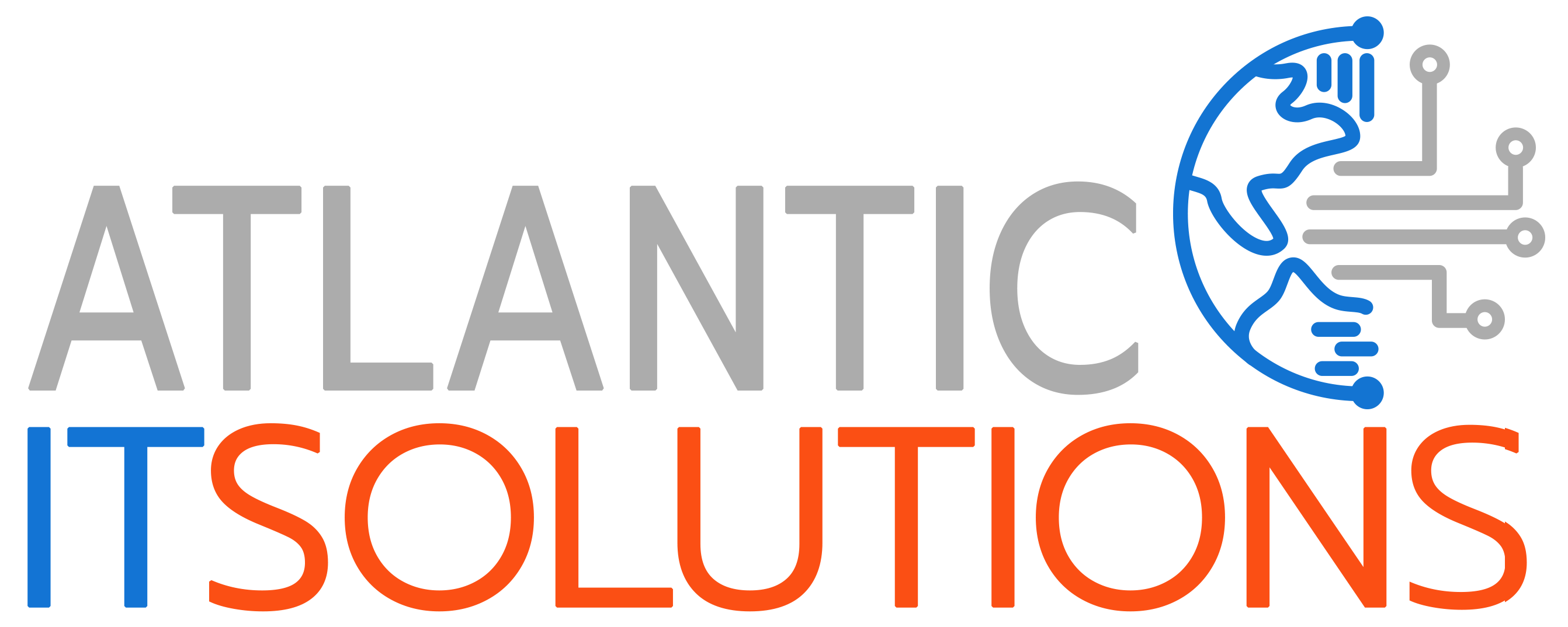Think your business is too small to be hacked? Or that strong passwords are enough to keep you protected?
Cybersecurity myths like these are everywhere. And they could be putting your business at serious risk.
Here are some of the most common misconceptions and the truths every business owner should know…
"My business is too small to be a target." This is false; small businesses and individuals are often easier targets for cybercriminals.
"I don't need to worry; I don't visit risky websites." Malware can be delivered through legitimate websites, social media, or even in attachments from trusted contacts.
"My Apple devices (Macs, iPhones) are safe." Apple products are not immune to viruses and malware; they are increasingly targeted by cyberattacks.
"Antivirus software is enough." Antivirus software is just one layer of a multi-layered defense strategy, and more comprehensive measures like endpoint detection and response (EDR), security training, and regular updates are necessary.
"Strong passwords are sufficient." While crucial, strong passwords alone aren't enough. Other methods, such as multi-factor authentication (MFA), are needed to protect accounts from compromised credentials.
"Cybersecurity is a one-time effort." The threat landscape is constantly evolving, so security measures must be regularly updated and maintained, not just implemented once.
"Cybersecurity is only IT's job." It is everyone's responsibility, requiring training and secure practices from all employees, not just the IT department.
"Cyber threats only come from outside." Insider threats, whether malicious or accidental, are a significant risk to an organization's security.
"We can buy technology to solve everything." Cybersecurity tools are only effective if properly implemented and if the staff is trained to use them correctly.
"I would know if my device were infected." Many types of malware can operate stealthily, and a compromise may not be immediately apparent.
"Using a VPN provides complete security." A VPN encrypts your data tunnel, but it does not make you anonymous or immune to all other types of security threats.
"Compliance with regulations equals security." Meeting regulatory requirements is not the same as being truly secure, as regulations often lag behind the evolving threat landscape


